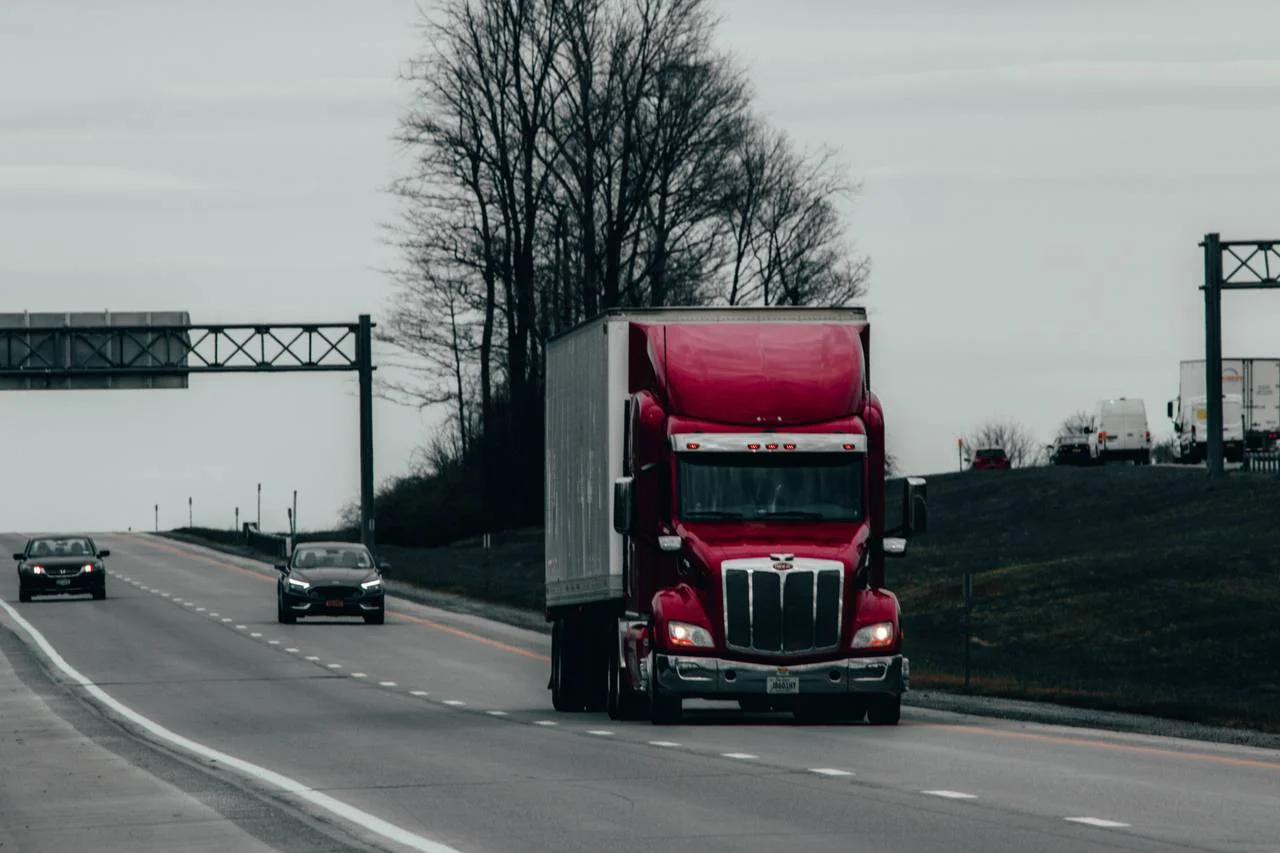Understanding Damages in Florida Truck Accident Cases: What Victims Can Seek

Florida’s highways witness a significant volume of commercial truck traffic daily, making it essential for residents to be informed about their rights in the unfortunate event of a truck accident. In this blog post, we delve into the complex landscape of damages in Florida truck accident cases, aiming to provide victims with a comprehensive understanding of what compensation they can seek. This information is presented with a focus on knowledge and awareness, rather than a sales-driven tone.
Types of Damages
When involved in a truck accident, victims may face various physical, emotional, and financial hardships. Florida law allows victims to seek compensation for these damages, broadly categorized into two types: economic and non-economic damages.
Economic Damages
- Medical Expenses: This includes current and anticipated future medical bills, rehabilitation costs, and prescription medications related to the accident.
- Lost Wages: Victims can claim compensation for the income lost due to the inability to work during recovery.
- Property Damage: Damages to the victim’s vehicle and other personal property as a result of the accident.
- Other Financial Losses: Any other out-of-pocket expenses directly related to the accident, such as transportation costs for medical appointments.
Non-Economic Damages
- Pain and Suffering: Compensation for physical pain, emotional distress, and the overall impact the accident has on the victim’s quality of life.
- Loss of Consortium: In some cases, family members may be entitled to compensation for the loss of companionship or support resulting from the accident.
- Disfigurement or Scarring: Compensation for visible and permanent physical alterations caused by the accident.
- Loss of Enjoyment of Life: Compensation for the loss of ability to enjoy activities or aspects of life that the victim valued before the accident.
Punitive Damages
In certain cases, victims may be eligible for punitive damages, which are intended to punish the at-fault party for egregious conduct and deter others from engaging in similar behavior. However, punitive damages are not always awarded and typically require evidence of gross negligence or intentional misconduct.
Proving Damages
Successfully recovering damages in a truck accident case involves providing evidence to establish the extent of the losses suffered. This can include medical records, employment records, expert testimony, and documentation of the accident scene.
Legal Assistance
Navigating the complexities of a truck accident case can be challenging. Seeking legal counsel from professionals experienced in personal injury law can help victims understand their rights, build a strong case, and ensure fair compensation without the pressure of a sales-driven approach.
Conclusion
Understanding the types of damages available in Florida truck accident cases empowers victims to pursue fair compensation for the losses they have endured. By focusing on knowledge and awareness rather than sales tactics, individuals can make informed decisions, seek legal assistance when needed, and navigate the legal process with confidence. This approach ensures that victims are equipped to address the aftermath of a truck accident with clarity and a sense of justice.